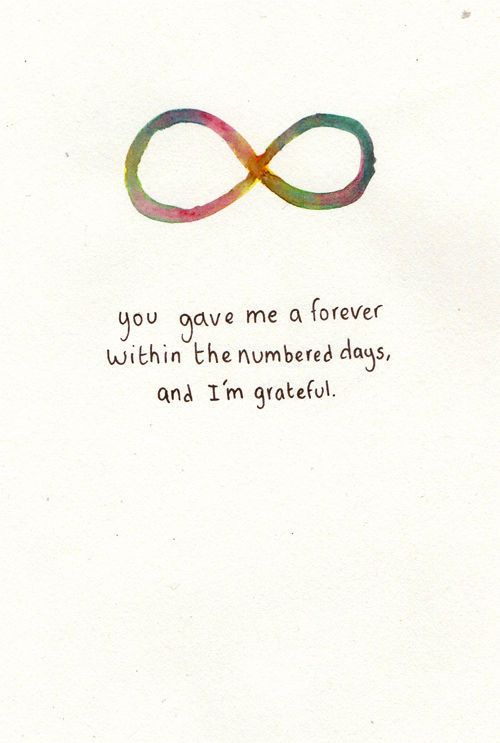I sort of knew what I was getting with this book. I read John Green's earlier novel Looking for Alaska earlier this year on the recommendation of a student. It was exactly what would probably appeal to a teenage girl: slightly law-breaking characters, an absence of parents, so therefore a plethora of freedom, and a doomed romance. Having looked around on the internet, Looking for Alaska is viewed with eye-rolls by many people with far greater taste in books than I have. And yeah, okay, it was sentimental and quite calculating in its attempts to sway the reader's emotions, and Alaska is a stupid name for a girl, and it did romanticise stuff which frankly shouldn't be romanticised. But it was entertaining enough as a read.
So to The Fault in our Stars. '#1 New York Times Bestseller' the front cover shouts. This in itself is not a recommendation as some real dross makes it to the top of that list, but I was still curious to read it as it comes up on Amazon so often as a suggested read for me that it seemed rude not to. I went in with reasonably low expectations, given what I knew of Looking for Alaska. And it sort of worked.
The Fault in our Stars is about Hazel who has reasonably terminal cancer; I say reasonably because Green invented some mythical drug which stops her cancer spreading but will never cure it, keeping her on oxygen at all hours due to her reduced lung capacity. Either way, she's a sick girl. She meets Augustus at a support group and the two form an instant connection. Over the course of the novel they become obsessed with a book and finding out what happened next. It's clear from reading this and Alaska that Green is a bit of a book fanatic himself, as his characters always have a thing for books - often quite a quirky thing.
The book deals with the dark subject matter lightly and with a little black humour. This can come across quite unrealistic, but then I have no idea how teenagers with incurable illnesses deal with it - this seems as believable way as any. You can't, after all, go around being miserable all the time. I liked how, whilst the main focus of the book was Hazel and Augustus's relationship, but it inadvertently all led back to Hazel's relationship with her parents and how the parents of a terminally ill child cope with the day-to-day reality. This could all become depressing - it doesn't, so for that Green should be praised.
It's a very quotable book which is also probably why teenagers seem to have latched onto Green's work in such a way; they so enjoy putting cryptically 'profound' things on Twitter. The quotes walk a fine line between memorable and unutterably saccharine, but I think that's probably the area I best occupy myself, so I'm not going to criticise it for that. Certainly a quick Google image search of 'the fault in our stars' brings up endless amounts of fan-created jpegs like these:
It would be mean of me to give the ending away, although given the subject matter, narrator and general teen-novel conventions, it is largely very obvious. Also anybody who has ever read Cherie Bennett's Goodbye Best Friend (it surely can't only have been me?!) will probably see some parallels between the two novels. It's not original and it's not especially poetically done, but The Fault in our Stars is a reasonable enough read to pass some time.





No comments:
Post a Comment